As a kid, we spent a lot of time in Hebrew School discussing the “December Dilemma.” This is the idea that Christmas comes around each December, and Jewish children who don’t celebrate feel left out. They feel extra aware of being different. And they can feel that they are missing out on something fun and beautiful, and in American culture, all-encompassing. So we (parents and the Jewish community) have made Hanukkah into a big event. The truth is that Hanukkah is not the most important holiday in the Jewish calendar. Rosh Hashanah, Yom Kippur, and Passover, among others, are emphasized more. However, it has become one of the most public expressions of Jewish culture.
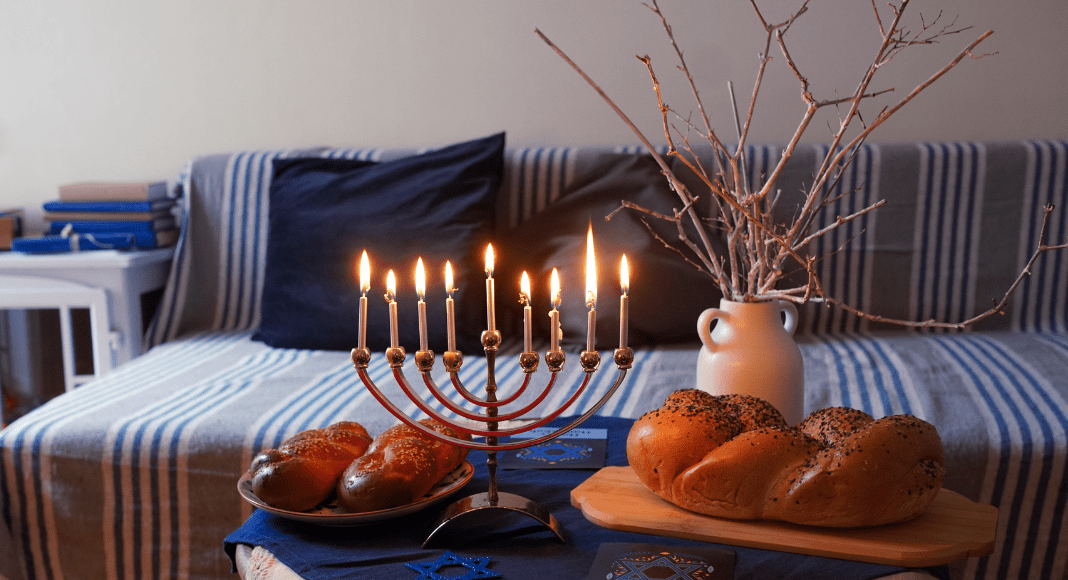
So what is Hanukkah?
Hanukkah, also called The Festival of Lights, dates back to 164 B.C.E. (Before the Common Era). It is the story of a small band of Jewish fighters, the Maccabees. The land of Israel was occupied by Syrian Greeks and the Maccabees were the ones to liberate the land. King Antiochus IV had taken over the Temple in Jerusalem and outlawed Judaism. The Maccabees fought for three years to take back control of the Temple and then clean and rededicate it.
The word “Hanukkah” means “dedication” and refers to the rededication of the Temple as a holy place for Jewish observance. The term “Festival of Lights” came later and was not mentioned in the First and Second Maccabees books. Most people think that we celebrate Hanukkah because a miracle occurred when the Maccabees took back the Temple. The story says that they only had enough oil for the menorah to stay lit for one day. Instead, the menorah light lasted eight days—just enough time until they could replenish their supply. A Hanukkah miracle.
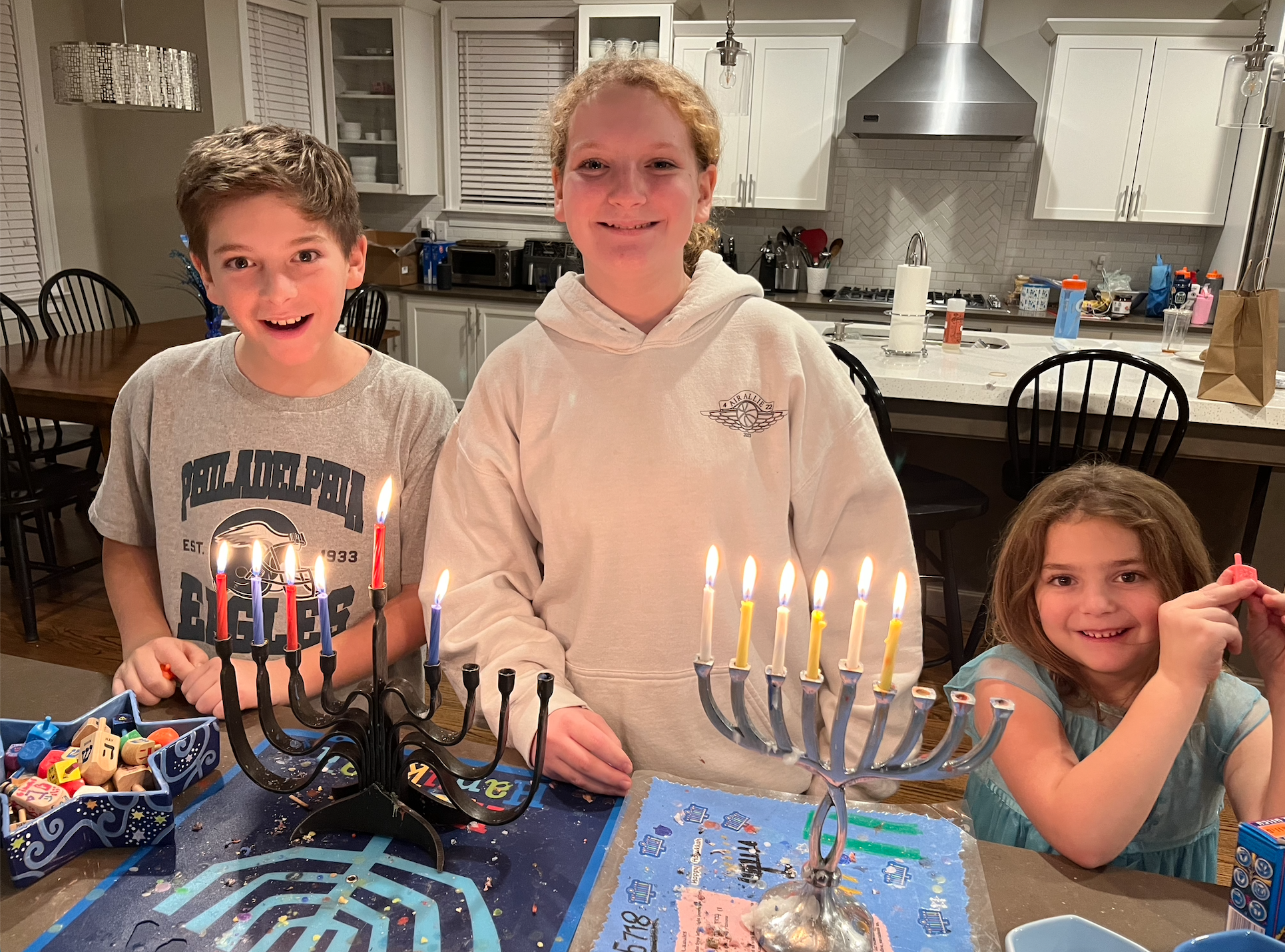
Interestingly, the story about the miracle of Hanukkah was written in the Talmud 600 years after the time of the Maccabees. The original interpretation of the reason for at least the timing and duration of Hanukkah is that the Maccabees were not able to celebrate an important Jewish harvest holiday, Sukkot, at the appropriate time in the fall. Therefore, they decided to postpone celebrating this eight-day holiday until they rededicated the Temple. The rededication happened on the 25th of the month of Kislev (in the Jewish calendar), and that is the current date of Hanukkah.
Hanukkah traditions include lighting the Hanukkiah (Hanukkah menorah), eating oily foods like latkes (potato pancakes) and doughnuts as a tribute to the oil that lasted for eight days, playing dreidel (a spinning top) and giving children a little bit of Hanukkah gelt (money). Hanukkah gained popularity in North America as Jews assimilated into American culture and saw the celebration of Christmas. It was only after this that big presents and parties entered the scene.
Which brings us back to the December Dilemma.
I should note here that there are many families who celebrate both Christmas and Hanukkah and have found a wonderful balance. However, for parents who do not celebrate Christmas, it puts us in a challenging situation.
I choose to look at Hanukkah as an opportunity to help my children embrace their culture, celebrate family, and see the beauty of tradition. It is true that I want stores and communities to acknowledge that there are many religions, traditions, holidays and celebrations. But that is a global acknowledgment that I want to see all year. It is just more evident during the holiday season when religious symbols are present and recognizable and therefore a time when it is critical to be inclusive.
Hanukkah may have evolved as a reaction to Christmas, but there is a big opportunity here. Over those eight days, we spend more time than usual as a family because we are lighting candles, singing songs, eating traditional Hanukkah foods and yes, opening presents. It is beautiful to hear my children sing the Hebrew prayers together over the candles of the menorah. We discuss the story of the holiday and why it is important. We sing Hanukkah songs and learn about the symbols as we make cookies with our Hanukkah cookie cutters. Even the presents add value as we think about each other and what would make our loved ones happy/how we can give to people less fortunate than ourselves.
The spirit of the holiday season is infectious. Thinking of the people we care about, giving, light, love, and even treats can only make our world brighter. So I choose to celebrate Hanukkah in a way that may be different than was originally intended, but that brings all of those things plus some Jewish education to my family, friends, and community. Happy Hanukkah!



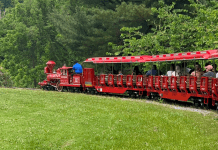
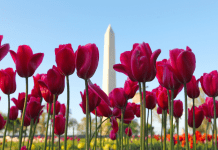
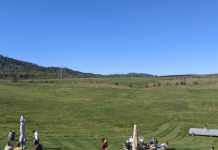



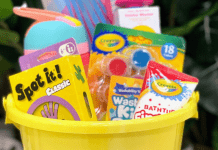
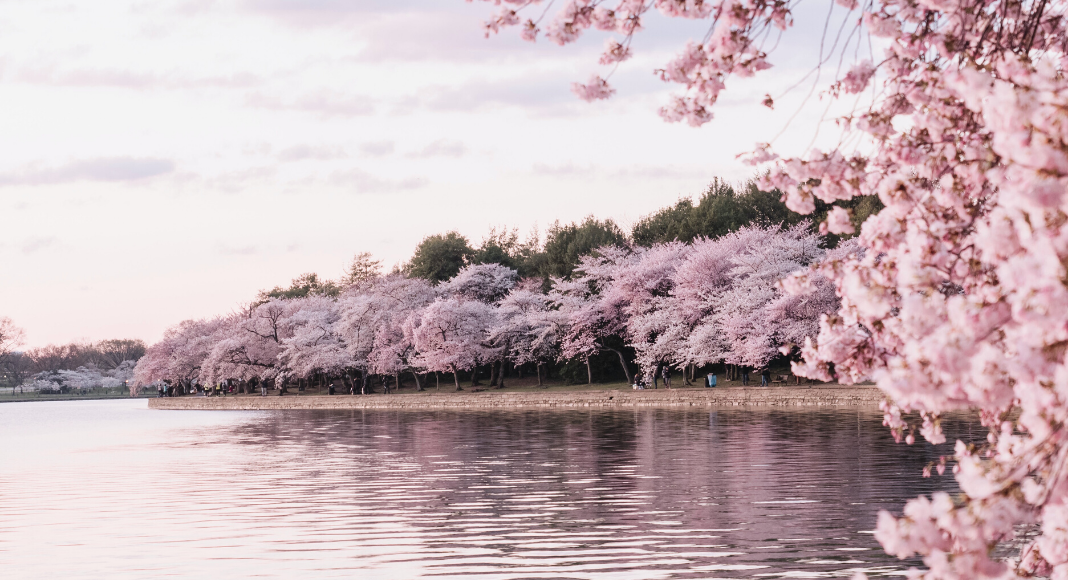





This is so true and something I’ve been thinking about a lot this season. Chanukkah is fun, but so overblown. And the miracle about the oil isn’t nearly as miraculous as a small band of Jewish people triumphing over the larger, more resource-heavy Greeks. Great article!
Comments are closed.